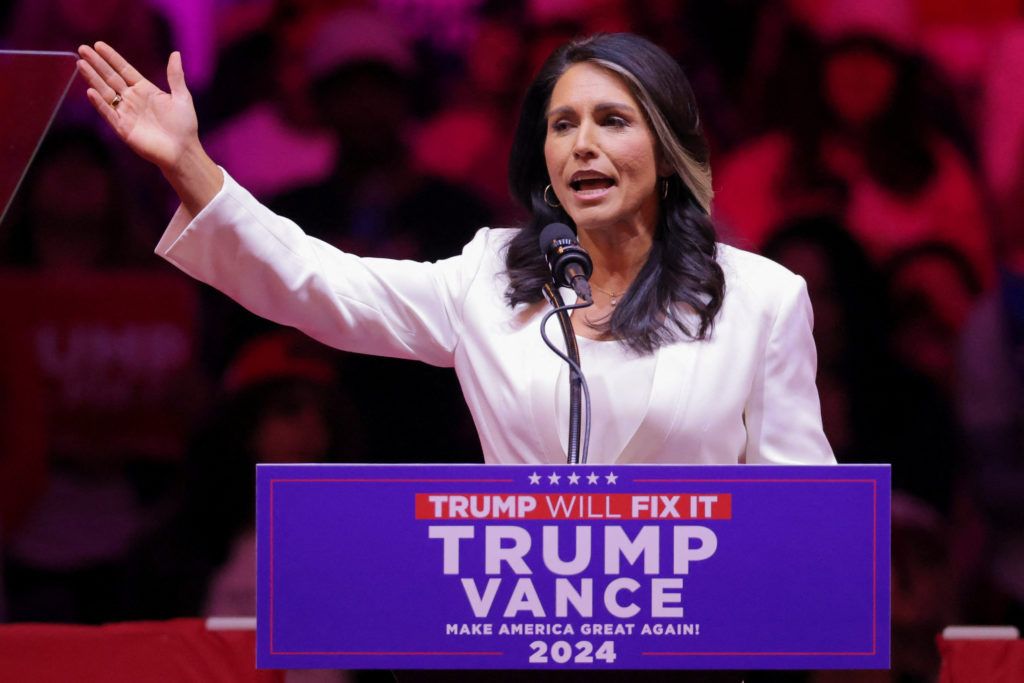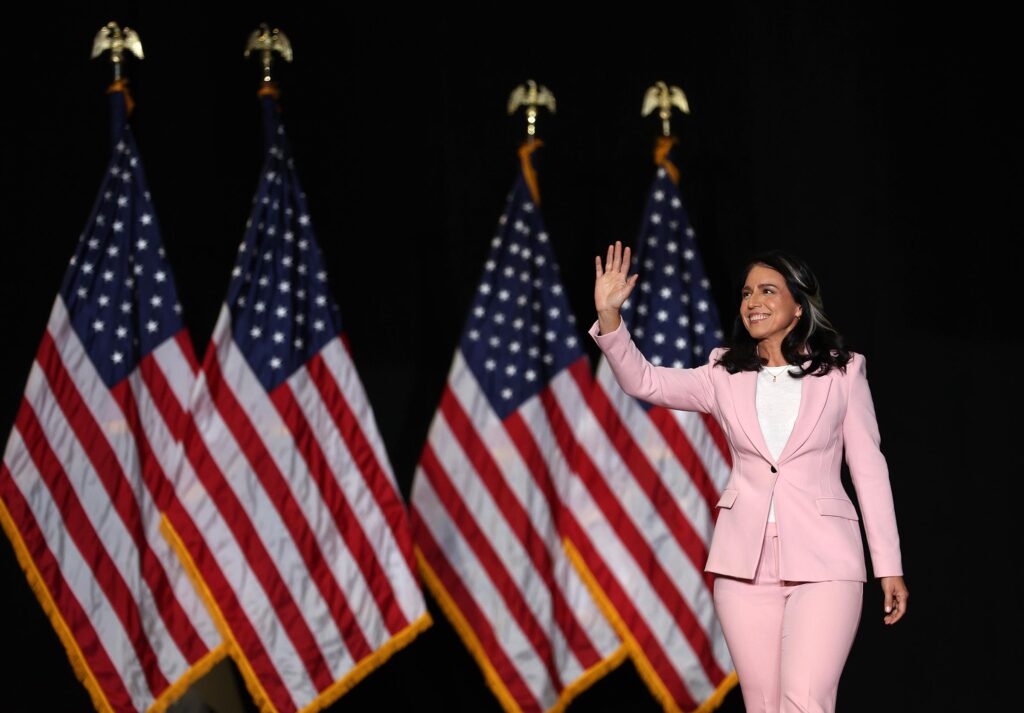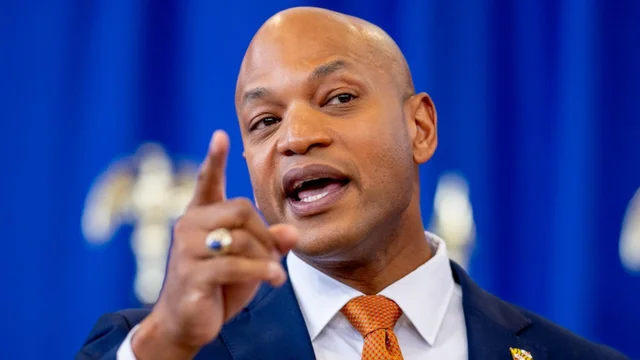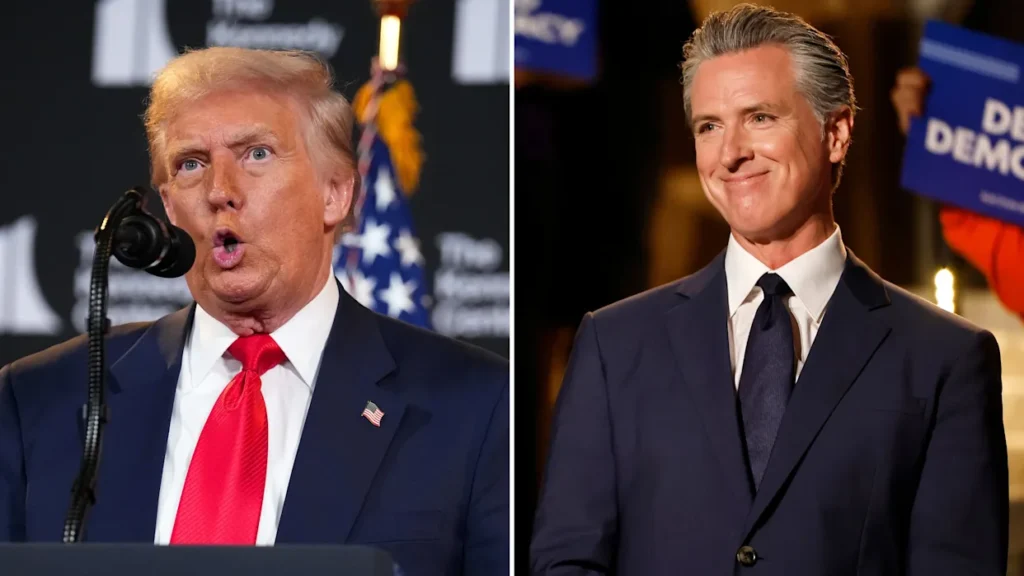President-elect Donald Trump’s decision to nominate Tulsi Gabbard as Director of National Intelligence has sent shockwaves throughout the nation’s capital. Gabbard, a former Democratic Representative from Hawaii, has been a vocal critic of U.S. foreign policy and has taken conservative stances on various issues.

Gabbard’s unique background and experience make her an intriguing choice for the position. As a lieutenant colonel in the U.S. Army Reserve, she has served in the military for over two decades, including deployments to Iraq and Kuwait. Her time in Congress, representing Hawaii’s 2nd congressional district from 2013 to 2021, has also given her valuable insight into the inner workings of the federal government.
However, Gabbard’s nomination has also raised concerns among some lawmakers and experts. Her lack of experience in the intelligence community and her past criticisms of U.S. foreign policy have led some to question whether she is the right person for the job.
Despite these concerns, Gabbard’s nomination has received support from some unexpected quarters. Over 250 veterans, including retired General Michael Flynn and former Acting Secretary of Defense Chris Miller, have signed a letter endorsing her nomination. This show of support from the veteran community is a significant boost to Gabbard’s candidacy.
As the confirmation process moves forward, it will be interesting to see how Gabbard’s nomination is received by lawmakers and the broader public. One thing is certain, however: Tulsi Gabbard’s nomination as Director of National Intelligence has sparked a lively debate about the future of U.S. foreign policy and the role of the intelligence community.











